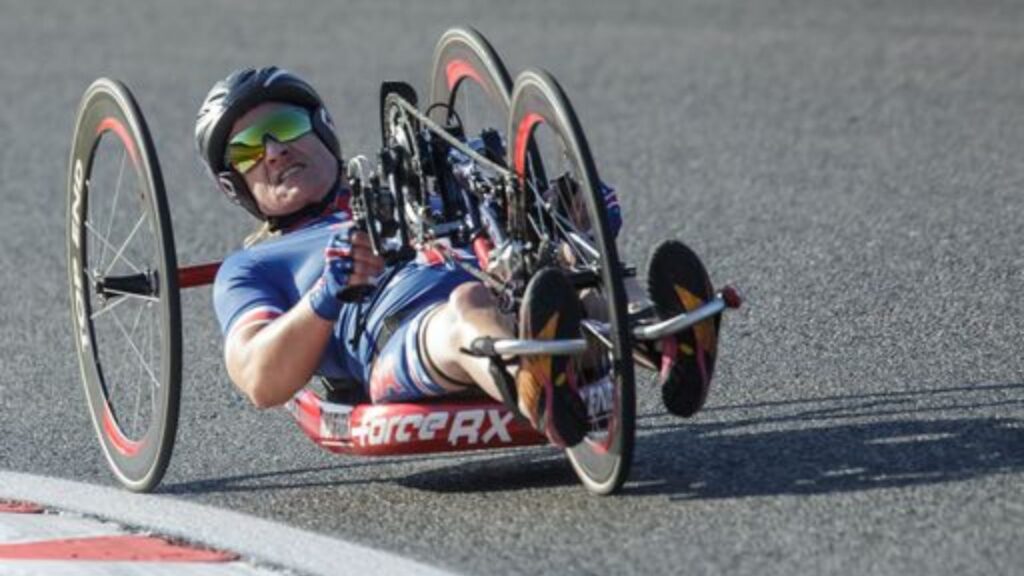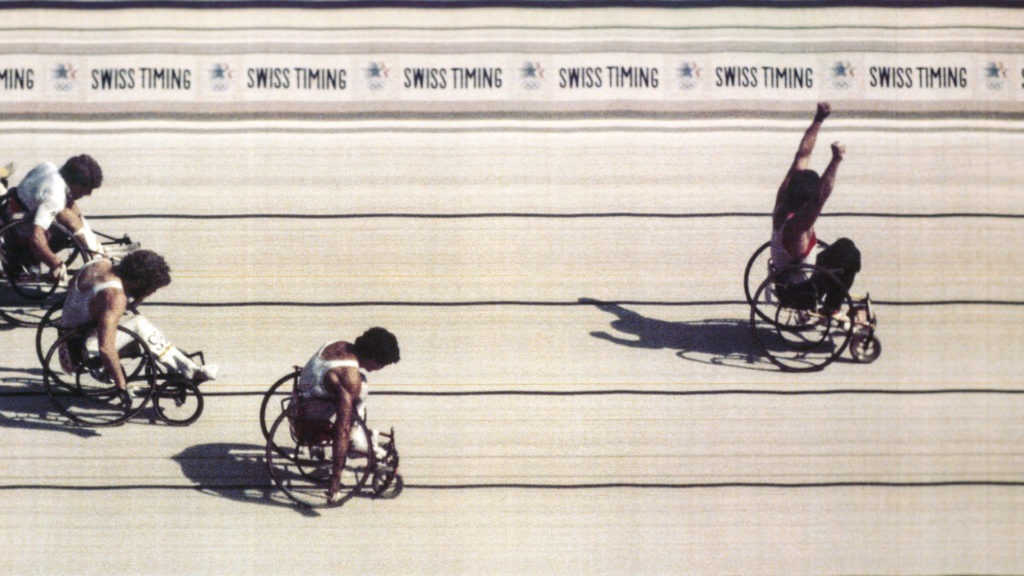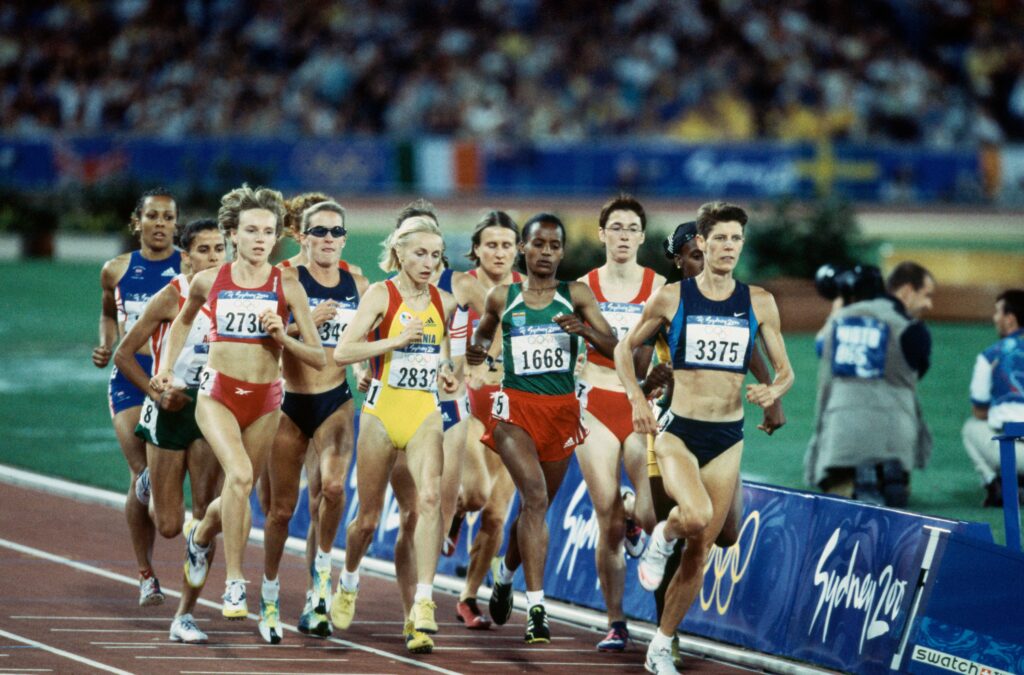Anita DeFrantz made history at the Olympic Games Montreal 1976 as a member of the first U.S. women’s rowing team.
Competing in the inaugural women’s eight event, DeFrantz helped Team USA capture the bronze medal—the first and still only Olympic rowing medal won by a Black woman.
Raised in Indianapolis, Indiana, DeFrantz attended Connecticut College and later earned a law degree from the University of Pennsylvania. While in school, she discovered rowing and quickly rose through the national ranks. Known for her power and leadership in the boat, she was named captain of the U.S. women’s rowing team for the 1980 Olympic Games in Moscow.
When the United States boycotted those Games, DeFrantz became one of the most outspoken voices advocating for athletes’ rights. Despite the disappointment of not competing, she remained deeply engaged in the Olympic Movement.
Following her competitive career, DeFrantz turned to leadership. She served as vice president of the Los Angeles 1984 Olympic Organizing Committee, playing a key role in delivering one of the most successful Games in Olympic history. In 1986, she broke new ground again becoming both the first woman and the first African American elected to the International Olympic Committee. She later became the first woman to serve as IOC vice president and has remained one of the longest-serving American members of the organization.
Throughout her career, DeFrantz has used her platform to advocate for gender equity, racial justice, and youth access to sport. As president and CEO of the LA84 Foundation for more than 20 years, she oversaw initiatives that have supported youth sports programs across Southern California, particularly in underserved communities.
Her contributions to the Olympic Movement have been recognized with numerous honors, including the Olympic Order in 1980 and the NCAA President’s Gerald R. Ford Award in 2024.
In 2025, Anita DeFrantz was inducted into the U.S. Olympic & Paralympic Hall of Fame. Her legacy spans far beyond medals and milestones—it is defined by a lifelong commitment to inclusion, opportunity, and the belief that sport can be a powerful force for change.












